Neuroscience
Latest about Neuroscience
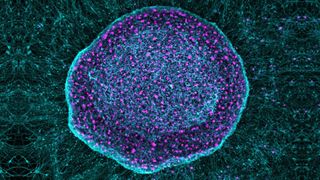
'Pain sponge' derived from stem cells could soak up pain signals before they reach the brain
By Payal Dhar published
Scientists are developing a "sponge" that can soak up pain signals in the body before they reach the brain, potentially offering an alternative to painkillers.
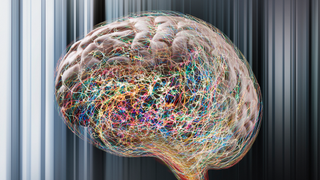
'Zombie' cells may drive common form of epilepsy
By RJ Mackenzie published
Scientists are unraveling the role of senescent cells in a common form of epilepsy, and it could point to new treatments.
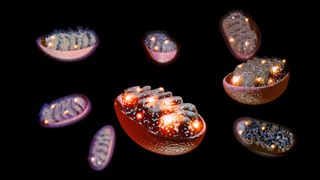
'Mitochondrial transfer' into nerves could relieve chronic pain, early study hints
By Nicoletta Lanese published
A new study reveals that nerve cells receive periodic infusions of mitochondria from neighboring cells — and this may point to a new way of treating nerve pain.
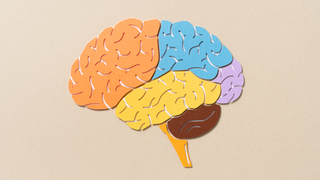
Neuroscience word search — Find all the parts of the brain
By Nicoletta Lanese published
How well do you know that organ between your ears? Test your recognition of neuroscience terms with this word search.
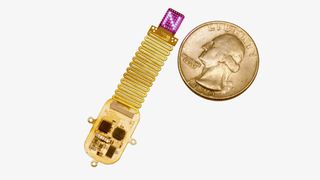
Tiny implant 'speaks' to the brain with LED light
By Payal Dhar published
By directly communicating with the brain, a new wireless device could someday help restore lost senses or manage pain without medications, its developers say.

Brain scans reveal 'dial' that helps keep us from getting lost
By RJ Mackenzie published
A brain-scan study reveals key components of the brain's navigation system, which may help us better understand early symptoms of dementia.
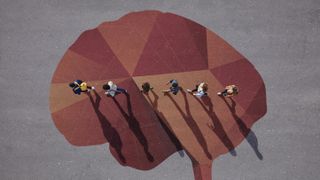
'Intelligence comes at a price, and for many species, the benefits just aren't worth it': A neuroscientist's take on how human intellect evolved
By Nikolay Kukushkin published
Book In his book "One Hand Clapping," Nikolay Kukushkin explores explanations for how consciousness evolved, and ultimately, what makes us human.
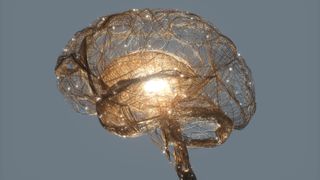
The evolution of life on Earth 'almost predictably' led to human intelligence, neuroscientist says
By Nicoletta Lanese published
Interview Neuroscientist Nikolay Kukushkin spoke to Live Science about how human consciousness evolved.
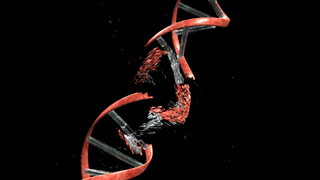
CTE may stem from rampant inflammation and DNA damage
By Larissa G. Capella published
New research shows that CTE may stem from DNA damage and inflammation set in motion by blows to the head.
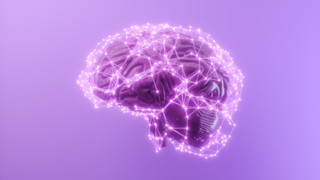
'As if a shudder ran from its brain to its body': The neuroscientists that learned to control memories in rodents
By Steve Ramirez published
In this adapted excerpt from "How to Change a Memory," author and neuroscientist Steve Ramirez recounts the events that led him and his colleagues to discover memories could be artificially controlled in rodents by zapping their brains with lasers.
Get the world’s most fascinating discoveries delivered straight to your inbox.
 Live Science Plus
Live Science Plus





